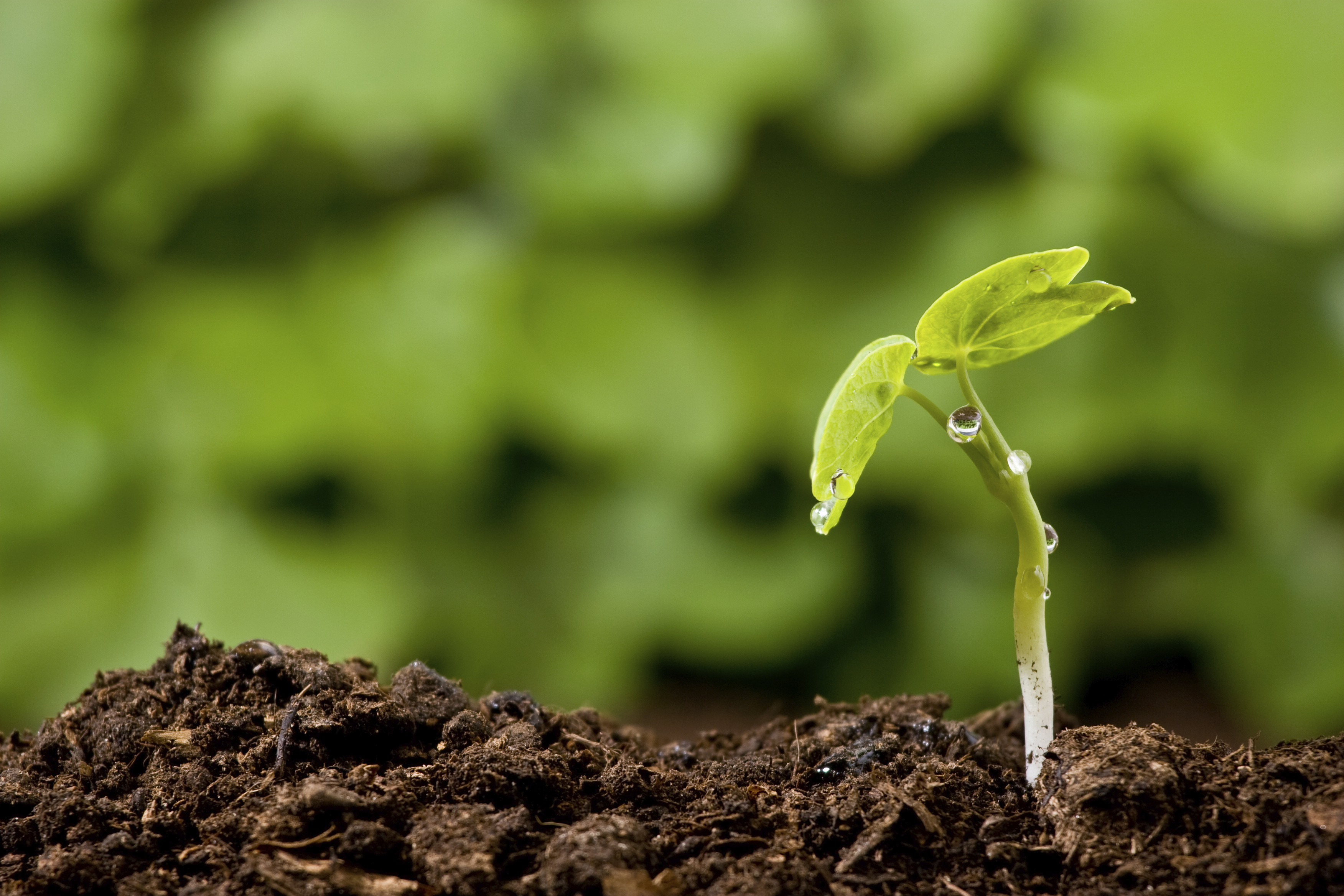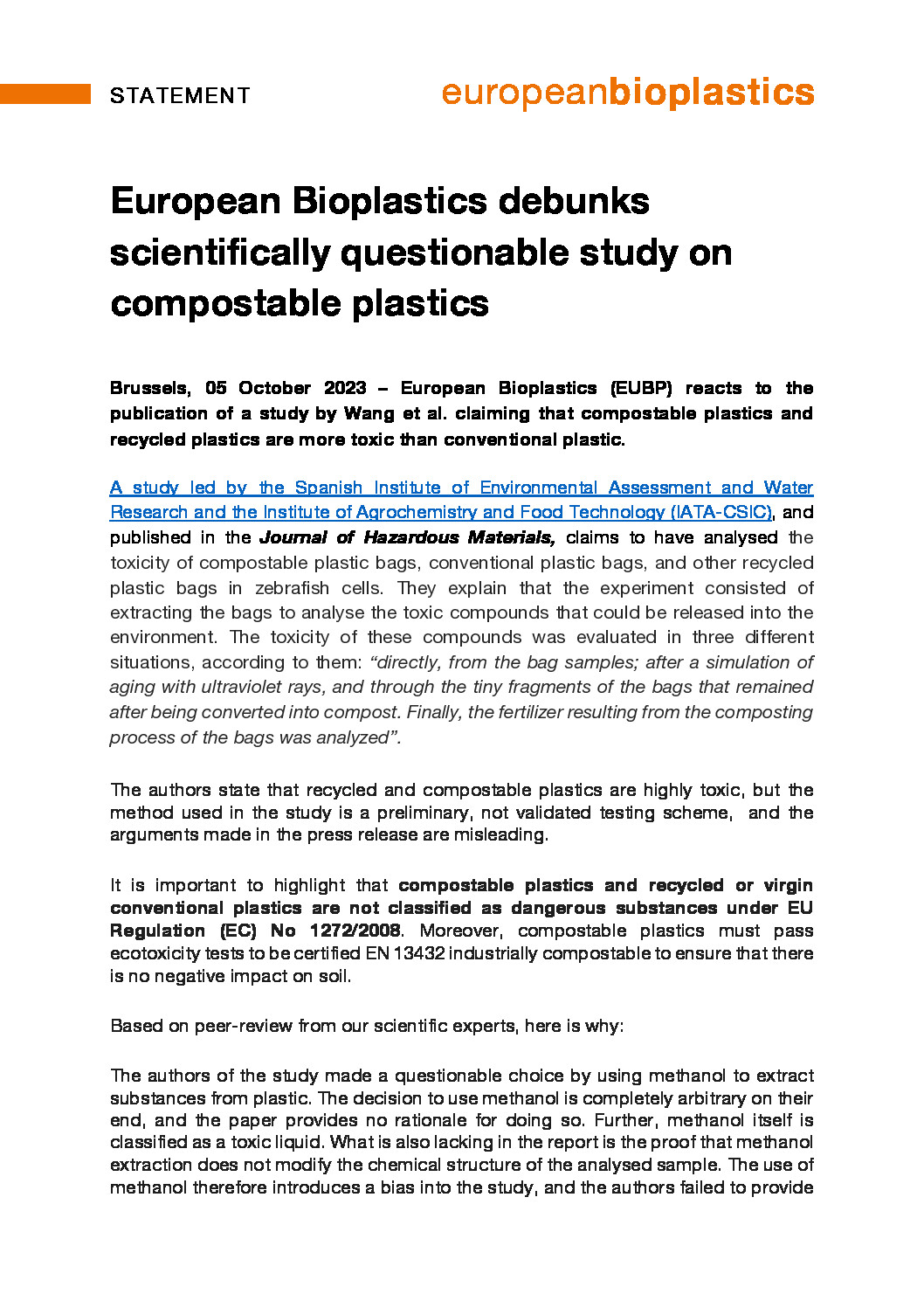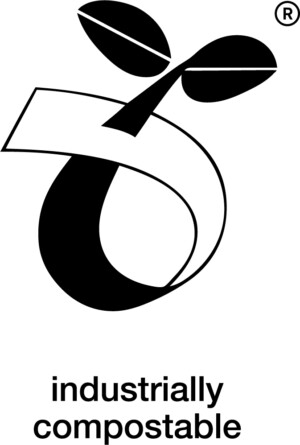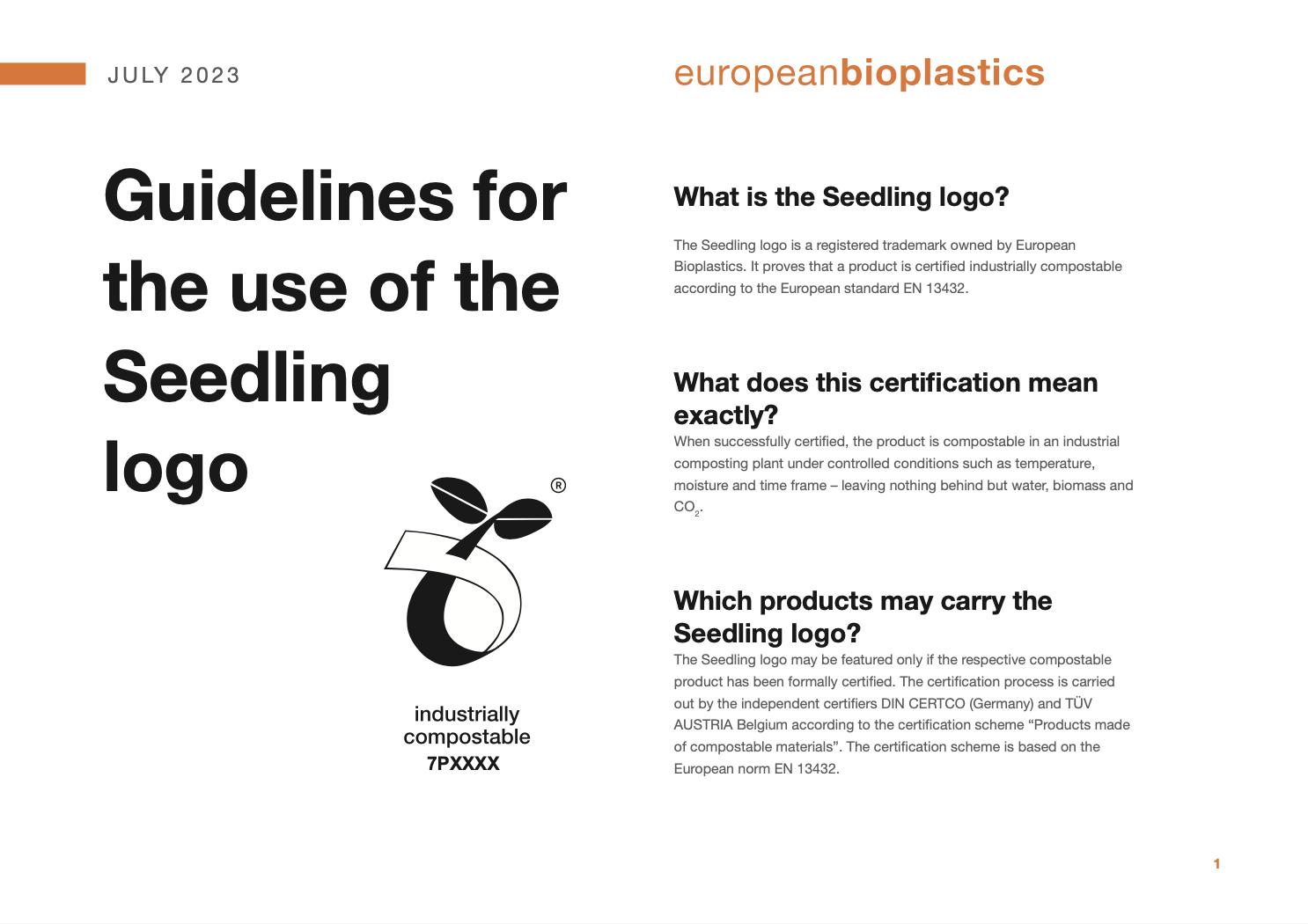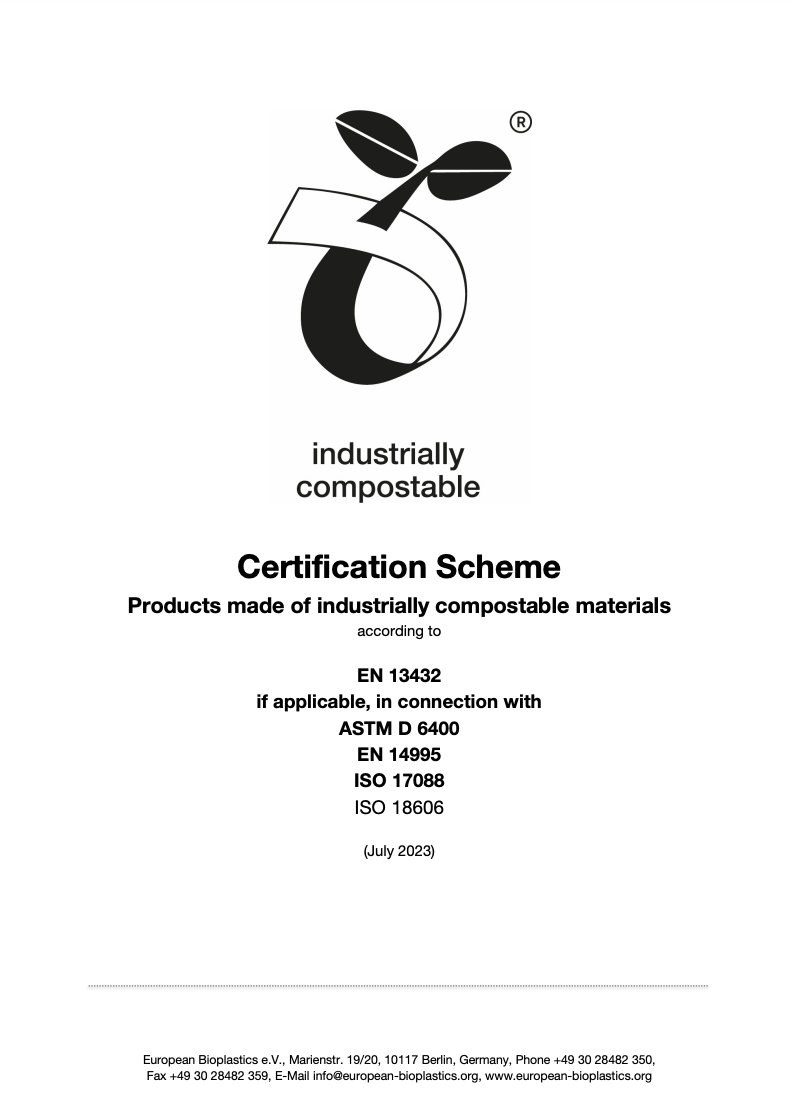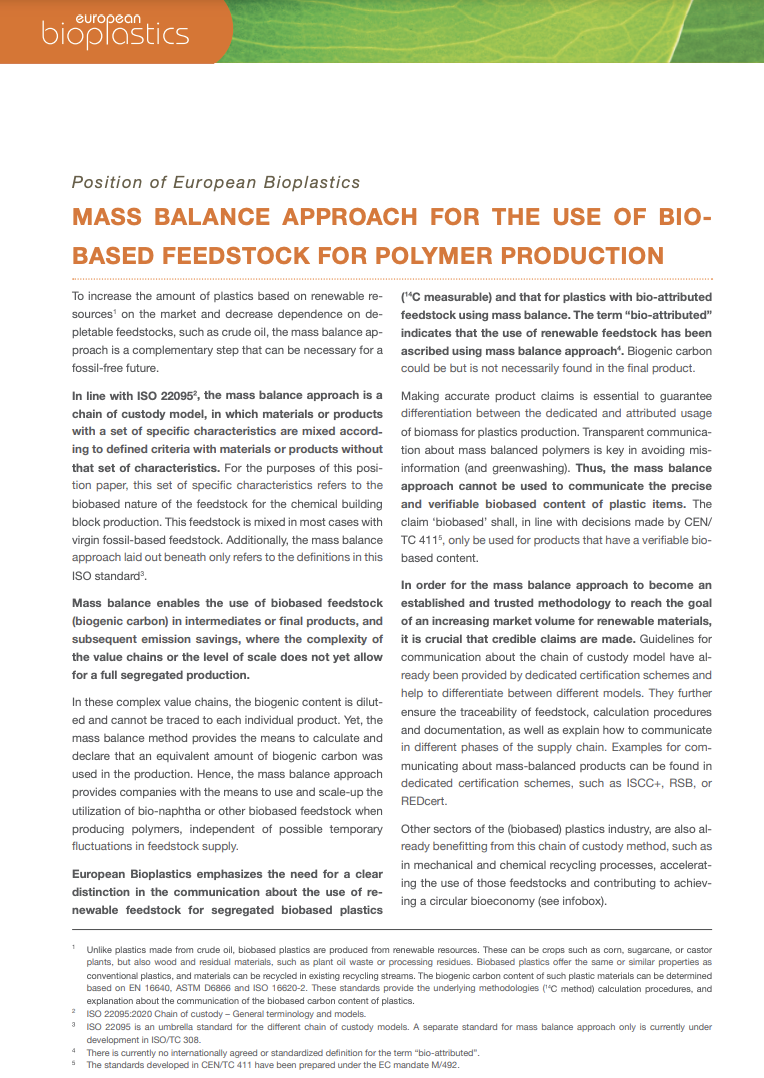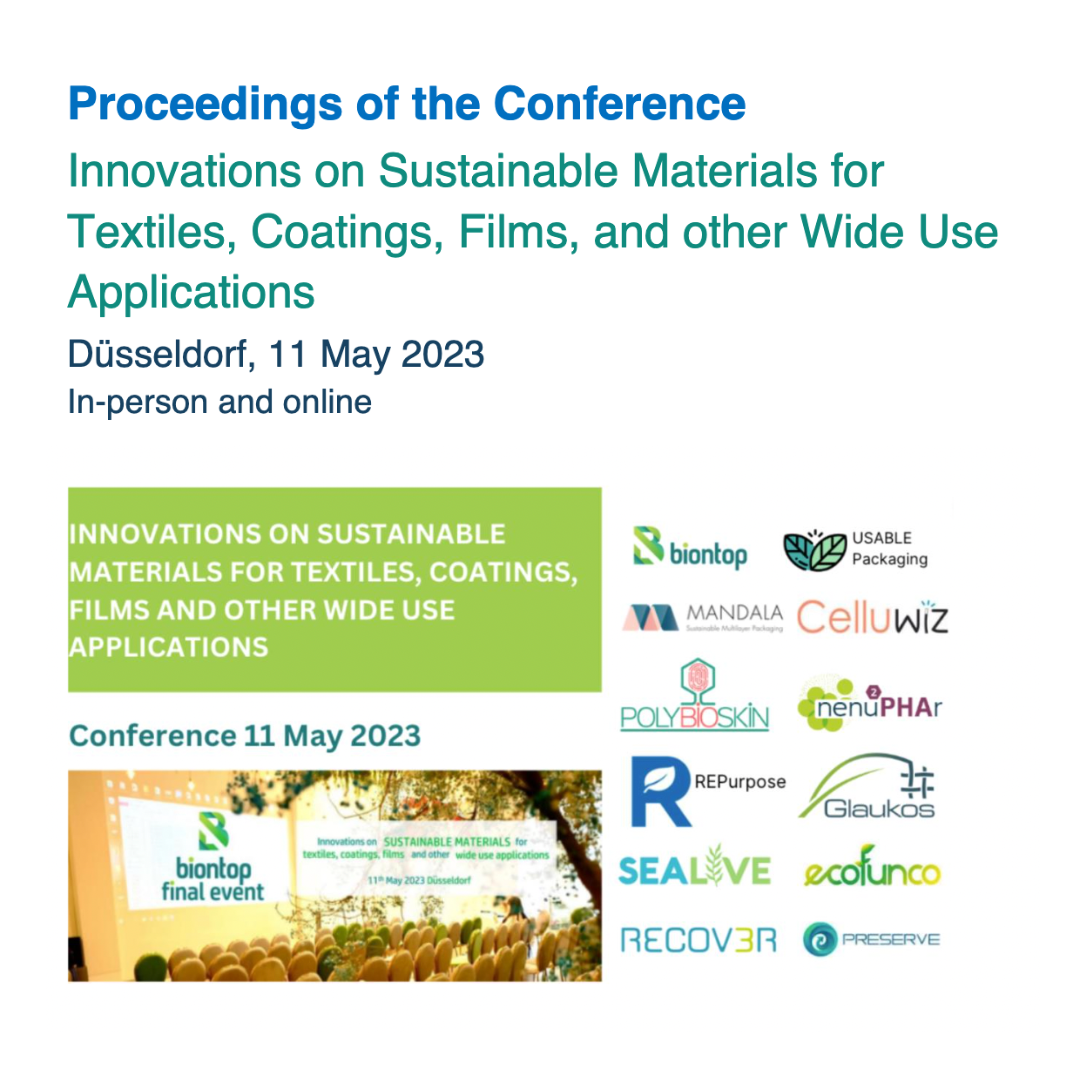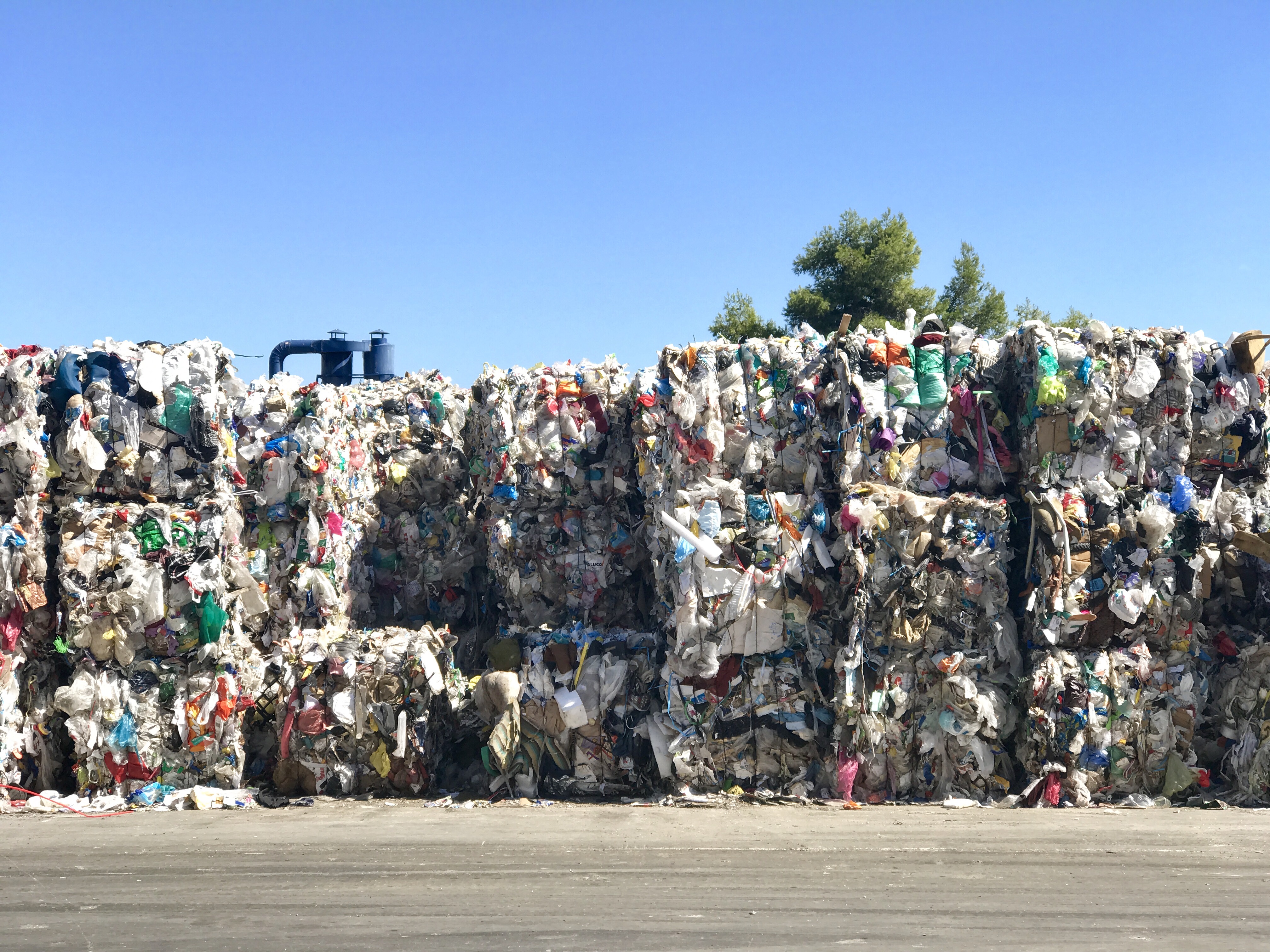Leitmotiv of the recently closed calls of the Horizon programme: From recycling to the needs of standardization and social acceptance of biobased products and materials.
The Autumn round of Horizon Europe calls has been recently closed. Several challenges recurred in the texts of the calls, setting requirements for the new projects working on the biobased materials of the future and on packaging. EUBP has been involved in several applications submitted in the past days, working specifically on tasks related to [...]
